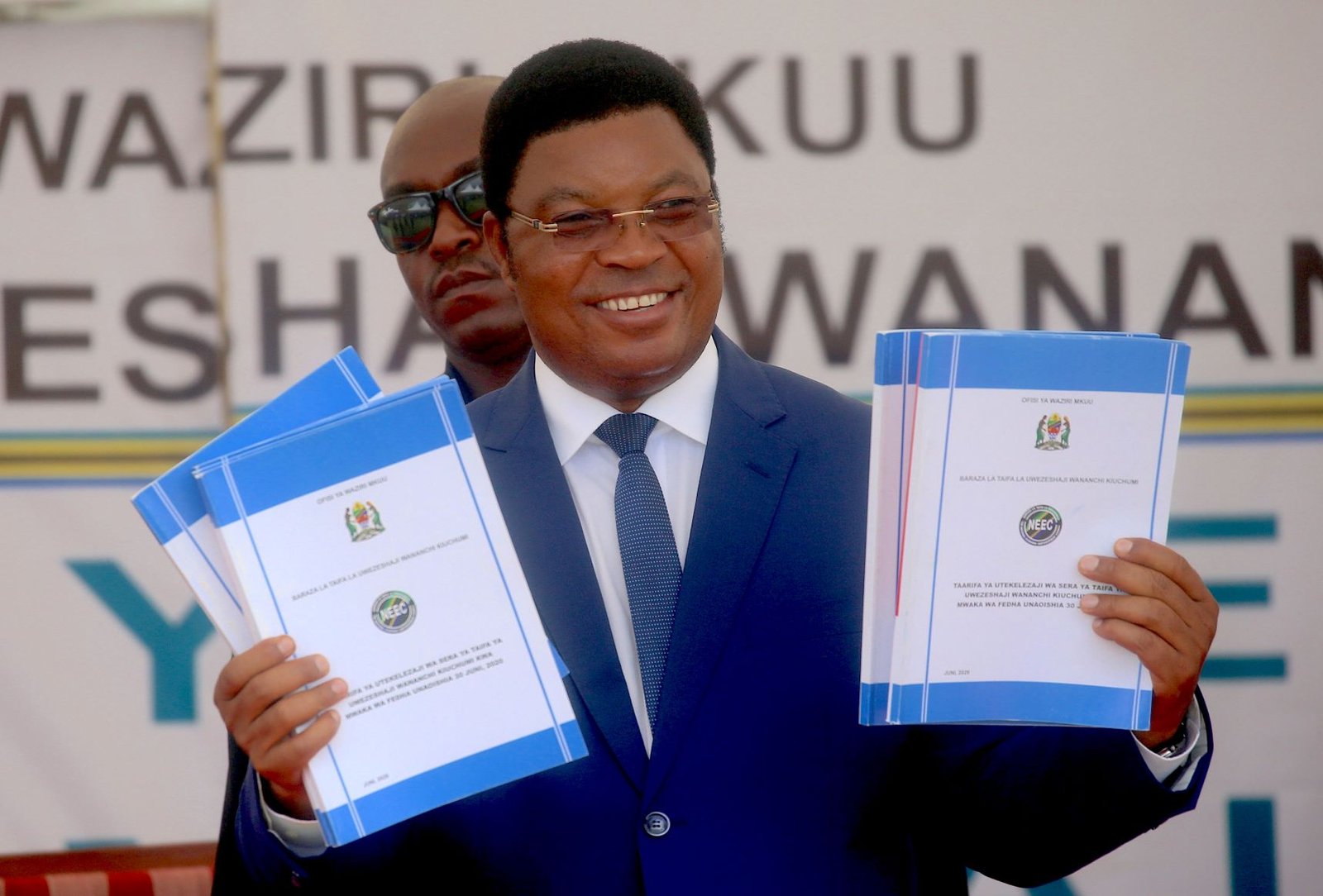The Tanzanian government is ramping up efforts to defend “indigenous moral values” against what officials call creeping Western cultural influence, as part of a broader campaign led by the Ministry of Community Development, Gender, Women and Special Groups.
Minister Dorothy Gwajima has called on Tanzanians to guard their cultural identity and resist foreign norms that she argues threaten the social fabric of the country.
“Repairing our moral foundations is not the duty of the ministry alone,” she says. “It is the responsibility of the entire society, of public and private institutions alike.”
At the heart of the message is the assertion that Tanzania’s way of life, rooted in family, tradition and community, is under pressure from globalization, digital culture and what officials term “external value systems”.
The government’s stance comes amid intense debate across Africa over cultural sovereignty, morality and external influence.
A recent briefing from the European Parliament reaffirmed the EU’s commitment to promoting rights such as those of the LGBTIQ+ community worldwide — a move widely regarded in Tanzania as part of Western advocacy that conflicts with local values.
At a national meeting in April, Prime Minister Kassim Majaliwa warned that “unethical use of technology in the globalised world has the potential to lead to moral decay.” He said pressures from foreign cultures can “destroy our traditional culture by imposing unethical practices in the name of promoting human rights.”
For Gwajima, the challenge is more than rhetoric. She has been overly active, putting surveillance on social media, and what she finds is shocking. Her ministry is actively designing programs to reinforce parenting, community values and responsible use of technology among youth. “70 % of Tanzanians listen to radio,” she said, explaining a newly launched radio-programme series aimed at moral education.
While the message is cultural, the actions are concrete. The Ministry has launched awareness campaigns, developed parenting guidelines, and partnered with religious and traditional institutions to strengthen the social fabric.
In one initiative, Gwajima called on regions with high rates of female genital mutilation (FGM) to abandon the practice, describing it as a “bad cultural practice” harmful to women and children.
The government also emphasises the role of the family — not just as the nuclear unit, but as extended networks of elders, community members and relatives — as the bedrock of social discipline and moral transmission.
Further, Gwajima’s budget presentation in May for her ministry included funds not only for economic empowerment but also for “social values dialogues” involving influencers, artists and sports clubs in promoting national morality.
Officials argue that globalization, digital tools and borderless media are eroding moral standards. “As a country, we should not embrace foreign cultural values that undermine our national moral values and civilisation at large,” Majaliwa said.
Technology, he added, while bringing opportunities, also enables rapid import of cultural practices that do not necessarily align with Tanzania’s tradition. In that context, Gwajima’s ministry is targeting not only prevention of harm but also a revival of values considered “Tanzanian”.
For example, the parenting and moral-education radio series is intended to reach rural as well as urban Tanzanians and stimulate community discussion rather than simply impose top-down policy.
Critics say the government’s moral campaign may also risk suppressing dissent and minorities under the guise of “cultural protection”. Some international human rights observers point to shrinking civic space in Tanzania including the treatment of LGBTIQ+ persons.
However, the government frames its approach as preserving self-determination. “In the end, Tanzania’s leaders insist the right to decide how society lives rests with Tanzanians themselves,” the press account said.
For Gwajima, the campaign is not a short-term fix but a long-term cultural project. “I may not benefit myself, but generations to come will,” she told a gathering in Lindi, referencing the need to build moral foundations across communities.
At the same time, economic empowerment remains linked: the ministry’s five-year PAMOJA programme — a multi-billion shilling initiative supported by the World Bank — seeks to reinforce women’s participation, reduce gender-based violence and embed moral education alongside economic development.
As Tanzania navigates the crossroads of tradition and modernity, the question looms: will this campaign maintain cohesion, or will it clash with global norms of rights and diversity? Either way, under Gwajima’s leadership the government is making morality a policy instrument.



